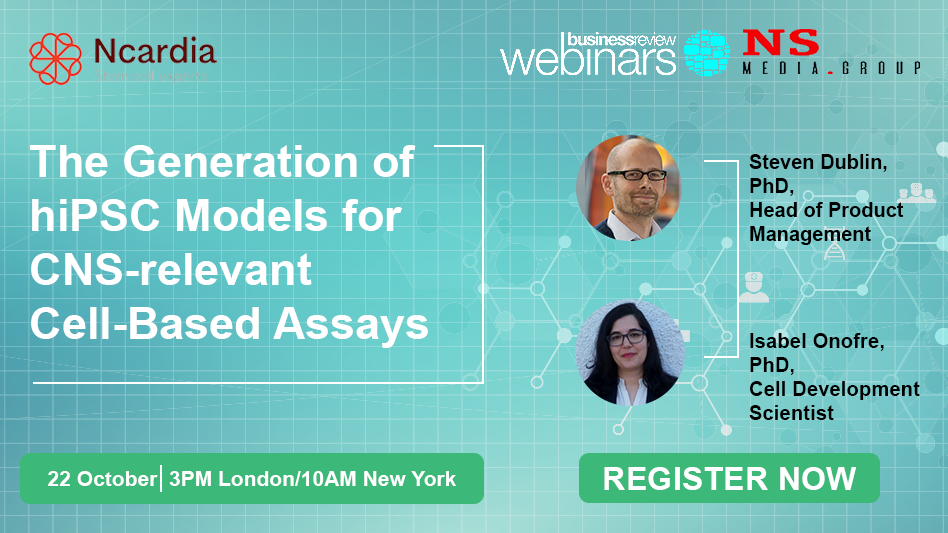The development of physiologically relevant models for neurological diseases remains a challenge. Recombinant cell lines or animal models do not always fully recapitulate the complexity of human disease. Primary human tissues, on the other spectrum, are difficult to obtain or reproduce into the needed quantities. Furthermore, the limited amount of relevant cell-based assays makes it even more challenging to recapitulate human neuropathology.
With the emergence of human induced pluripotent stem cell (iPSC) technology, it is now possible to design and manufacture CNS cell models such as neurons, astrocytes and microglia that are critical players in multiple disease pathogenesis. The application of in vitro predictive seizurogenic assays, such as MEA technology platforms, have shown to be essential in monitoring and characterizing neuronal spontaneous activity in diverse neuronal models and to modulate neuronal networks that are crucial to understand seizure patterns and participating pathways.
During a 1-hour webinar, this topic was discussed by Ncardia’s Head of Product Management and one of our leading CNS cell & disease model development scientists. They explained the advantages, challenges and solutions of generating and implementing iPSC- derived neuronal models in drug discovery, disease modeling and assay development.
Fill in the form below to watch the replay:

